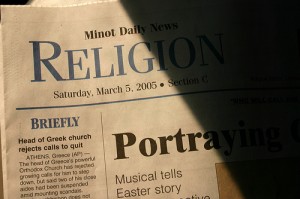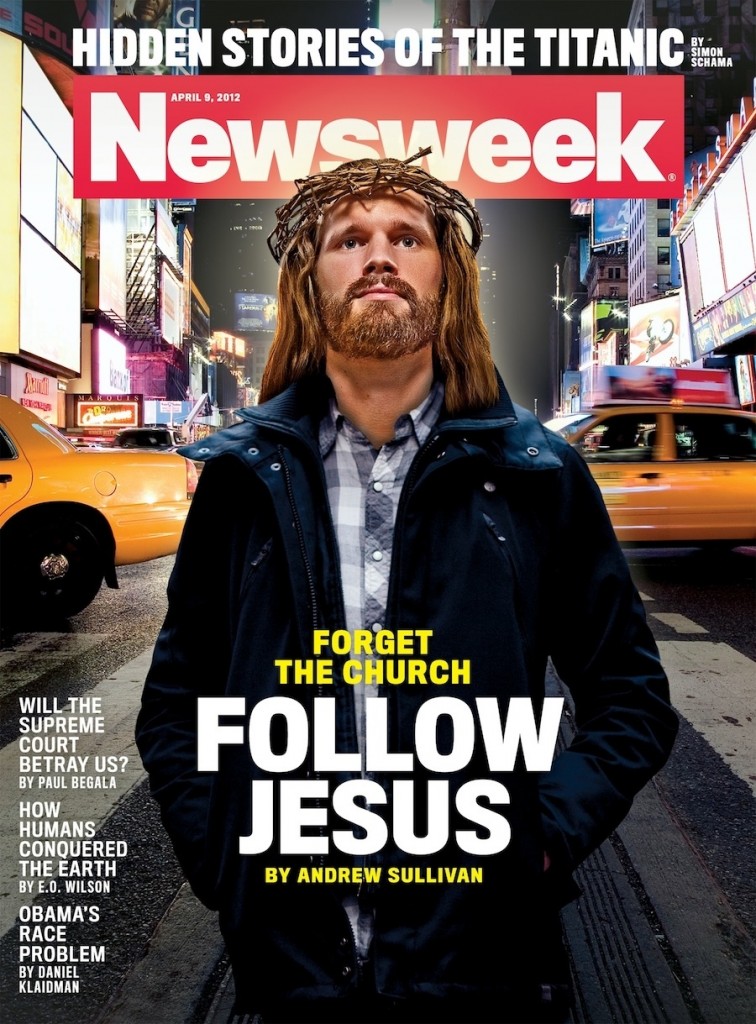Evangelism and World Missions
Empowered by the vision for a continuous revival within the church of the 21st century, we have chosen to make the mission of our work this one statement: We help churches grow.
One of the approaches we have taken to accomplish this ministry goal is Evangelism and World Missions:
- We have ministered for over 30 years now on three continents, 25 U.S. states, Canada and Mexico (Map of our global ministry)
- We have spent seven consecutive years in missionary work in Bulgaria ministering to over 300 local congregations (Map of our ministry in Bulgaria)
- Since 1990, we have helped in the planting and team training of over 25 churches in Bulgaria as well as the Bulgarian congregations in Chicago, Houston, Las Vegas, San Francisco, Atlanta, London, Spain, Cyprus and Palma de Mallorca
Beside personal presence and team building strategies, we implement the media in virtually every approach of ministry. We have published several research monographs as well as film series about our ministry work. Our team holds a weekly TV program called the Bible Hour. (Learn how we help churches build their own and unique web presence)
See also how we help churches grow through:
Bulgarian Video Bible Project Launched for Easter
50% of the Video Bible is already recorded. See it at http://bibliata.mobi/
For several years now, our team has been working on a brand new project featuring unconventional technology, which combines social media and the message of the Bible. We call it simply VIDEO BIBLE – a complete video recording of the Bible text through reading, expository preaching, drama, congregational reading, visual arts and many other ways of incorporating the Bible with modern media. It is easier to use compared to the common reading and listing of text.
How does it work?
The introduction of this unconventional media model to the social networks is much more appealing and user friendly than texting the Bible or broadcasting it as an audio stream. But even more powerful than the message itself, is its effect on the people as the church comes together in a community of faith to fulfill the Biblical commandment for reading and living the Book. This internet ecosystem is truly Bible based and everyone can see it on the recorded videos.
Where do we stand?
Over 250 people, youth groups, whole churches and ministries have participated in the project until this point. Over 50% of the Biblical text has been recorded and published via our video sharing stream at http://bibliata.tv and this number is increasing daily. Every recorded and broadcasted chapter of the Bible brings new participants to the community thus exponentially increasing the effect of the project.
What’s next?
The completion of the Bulgarian version of the Video Bible is set by the end of 2012, when our team will introduce the API for other languages and Bible versions. The idea is to create a global community of believers who introduce the message of the Bible in a user friendly video format, thus making it available to anyone who wants to read through the Bible. And something more – through its unique technology, mobile capabilities and social networking, the Video Bible is a genuine evangelism tool that could be used by anyone.
Walter Brueggemann: Christianity & Culture
Bulgarian Churches in North America
 Bulgarian Churches in North America results from a comprehensive dissertation work on emerging Bulgarian American congregations. The book incorporates some twenty years of research, which the author began while involved with the establishment of the first Bulgarian Church of God in North America initially located in the city of Chicago. The work presents an overview of the historical presuppositions and immigrant dynamics associated with Bulgarian churches is offered to enlighten the current problem of ministry. Next, a detailed contextual analysis describes the churches participating in the project. The project model design explains the research methodology and the study’s findings, which provide the first ever statistical overview of Bulgarian American congregations. The work concludes with a series of prognoses of the explored movement of evangelical churches, various considerations and an A-to-Z church planting proposal to serve as a paradigm for ministry and church planting among Bulgarian immigrant communities in North America.
Bulgarian Churches in North America results from a comprehensive dissertation work on emerging Bulgarian American congregations. The book incorporates some twenty years of research, which the author began while involved with the establishment of the first Bulgarian Church of God in North America initially located in the city of Chicago. The work presents an overview of the historical presuppositions and immigrant dynamics associated with Bulgarian churches is offered to enlighten the current problem of ministry. Next, a detailed contextual analysis describes the churches participating in the project. The project model design explains the research methodology and the study’s findings, which provide the first ever statistical overview of Bulgarian American congregations. The work concludes with a series of prognoses of the explored movement of evangelical churches, various considerations and an A-to-Z church planting proposal to serve as a paradigm for ministry and church planting among Bulgarian immigrant communities in North America.
Increase of Religious Non-Identifiers in America
 There is a documented and marked decline since 1990 in the number of Americans espousing a religious identity, from less than one-tenth of the public to nearly one in every six adults today. Far from being randomly distributed in the population, the data portray non-identifiers as more likely than those expressing a religious affiliation to be young, male, living in the West and New England, moderate-to-liberal politically, and unmarried.
There is a documented and marked decline since 1990 in the number of Americans espousing a religious identity, from less than one-tenth of the public to nearly one in every six adults today. Far from being randomly distributed in the population, the data portray non-identifiers as more likely than those expressing a religious affiliation to be young, male, living in the West and New England, moderate-to-liberal politically, and unmarried.
A lingering question for this research is whether the decline in psychological affiliation with any church or denominational organization will persist, level off, or reverse course. Will the decline in religious identification observed in this research continue or prove to be a temporary phenomenon?
If the question is meant to refer to the traditional, established churches and faith systems that have been with us for some time, the answer is very likely to be yes, it is likely to continue. But if we expand the concept of “religion” to include the increasingly popular forms such as New Age religions, EasternWestern blends, multi-stranded hybrids, the “small-group movement,” pseudo-scientific spiritual formulations, and other types, then maybe no.
This study is an excerpt from the larger report on The Decline of Religious Identity in the United States by Sid Groeneman & Gary Tobin published in 2004 via the Institute for Jewish & Community Research (http://jewishresearch.or)
Prayer for the Pentecostal Theological Seminary
Religious Characteristics of Non-Identifiers
 26% No past religion, no current attendance, no religion in future
26% No past religion, no current attendance, no religion in future
19% Past religion, no current attendance, no religion in future
11% Past religion, no current attendance, possible religion in future
11% Past religion, current attender, possible religion in future
10% Past religion, current attender, no religion in future
9% No past religion, current attender, no religion in future
8% No past religion, no current attendance, possible future religion
6% No past religion, current attendance, possible religion in future
This study is an excerpt from the larger report on The Decline of Religious Identity in the United States by Sid Groeneman & Gary Tobin published in 2004 via the Institute for Jewish & Community Research (http://jewishresearch.or)
Heritage and Religious Identification
Fully 16% of the HARI sample answered either “none” when asked how they identify themselves or gave one of the other answers classified equivalently (atheist, agnostic, secular, Humanist, or Ethical Culture).
The largest number of non-identifiers (35%) were not raised in any religion as a child. Nevertheless, 62% of them had religious training or background. This compares with virtually all (97%) of respondents designating a current religion. The fact that well over half of current non-identifiers were raised in some religion indicates substantial attrition in the proclivity to claim a religious affiliation. Movement in the opposite direction — from no religion to a current identification — is less extensive (26% of those raised in no religion now identify with some religious category). This opposite-direction movement — acquiring a religious identity after having none in childhood — is not nearly large enough to off set the elimination of identity among those with a religious upbringing. Among adults alive today, our calculation produces a net loss of about 8% in the number having a religious identity relative to when they were young.
The fact that well over half of current non-identifiers were raised in some religion indicates substantial attrition in the proclivity to claim a religious affiliation. Movement in the opposite direction — from no religion to a current identification — is less extensive (26% of those raised in no religion now identify with some religious category). This opposite-direction movement — acquiring a religious identity after having none in childhood — is not nearly large enough to off set the elimination of identity among those with a religious upbringing. Among adults alive today, our calculation produces a net loss of about 8% in the number having a religious identity relative to when they were young.
This study is an excerpt from the larger report on The Decline of Religious Identity in the United States by Sid Groeneman & Gary Tobin published in 2004 via the Institute for Jewish & Community Research (http://jewishresearch.or)








